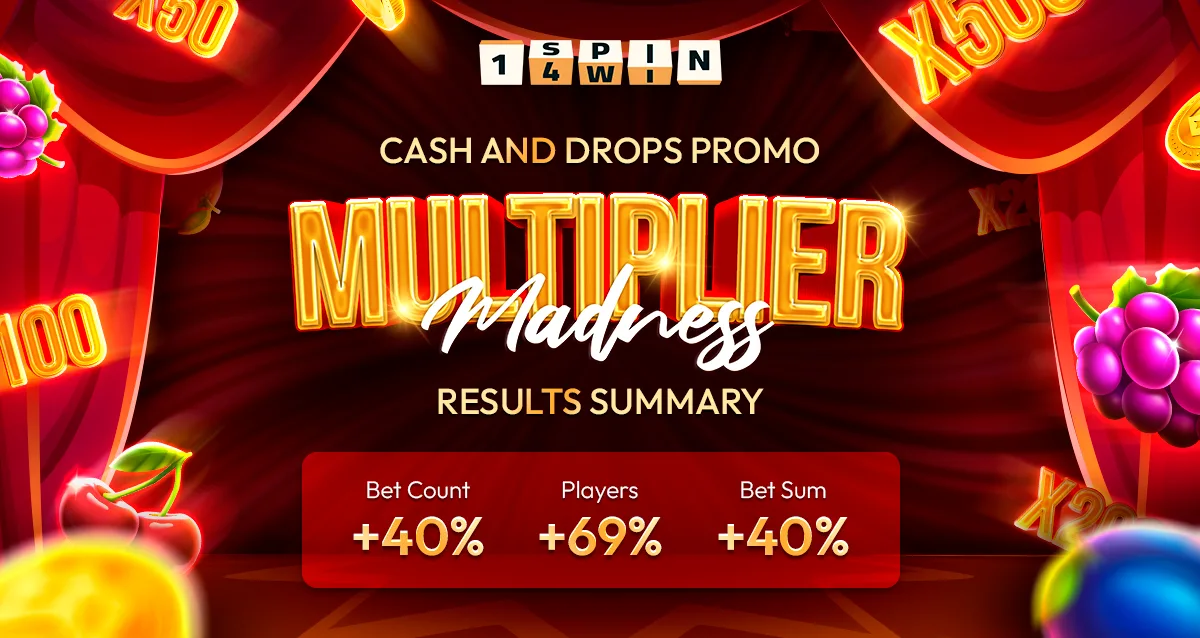As you dive into the virtual sea of gaming business and commerce, you’ll find the waters teeming with opportunity and fraught with challenges. You’re the captain of your own ship in this vast digital ocean, steering through waves of market trends, financial models, and consumer behavior. It’s essential you navigate with a savvy understanding of how to monetize your offerings while protecting your intellectual property. You’re also tasked with understanding the legal frameworks that anchor your operations in reality. Whether you’re charting a course towards esports commerce or crafting marketing strategies that resonate with gamers, you’ll need to harness the power of social media to amplify your presence. The journey to building a sustainable gaming enterprise isn’t a solo quest—you’ll be part of a community where collaboration and adaptability are your best allies.
Understanding Market Dynamics
To grasp the ever-shifting landscape of the gaming industry, you’ll need to dive into the market dynamics that dictate its ebbs and flows. The global gaming industry, evaluated at a staggering USD 249,001.8 million in 2022, isn’t just a cultural phenomenon but a significant economic force. Understanding market dynamics is crucial when you’re navigating through an industry that’s as volatile as it is lucrative. In the realm of online gaming, platforms like Alphawin Casino have emerged, contributing to the industry’s diverse offerings and shaping the preferences of gamers.
Industry trends point towards a compound annual growth rate (CAGR) of 10.83%, signaling not just growth but a consistent development opportunity for businesses. This growth trajectory is fueled by the increasing demand for both amateur and professional gaming applications, reflecting the industry’s agility in responding to consumer preferences.
Analyzing the business landscape, it’s essential to note how regional segmentation underscores the global gaming industry’s reach and diversity. Different regions present unique consumer demographics and market landscapes, requiring tailored strategies for market entry and expansion.
Economic impact is twofold: the industry creates wealth and jobs, but it also influences consumer spending patterns. By staying attuned to emerging trends and conducting thorough SWOT analyses, you can make data-driven decisions that capitalize on the dynamic gaming market and its multifaceted opportunities.
Monetization Models Explored
Understanding market dynamics positions you to choose the most lucrative monetization model for your gaming venture. As you dive deep into game development, it’s imperative to comprehend that monetization models explored by industry leaders are not one-size-fits-all solutions. In the gaming industry, strategic planning around revenue streams can make or break your title’s success.
The free-to-play model has revolutionized Mobile Gaming, allowing you to attract a vast player base. Yet, it’s the in-app purchases that truly drive your bottom line. Data indicates that even a small percentage of highly-engaged players can generate substantial revenue. Conversely, the subscription model is a goldmine for MMOs, providing a predictable, continuous cash flow, appealing to gaming companies aiming for long-term sustainability.
Advertising, while sometimes intrusive, has become a staple in Mobile Gaming. When integrated thoughtfully, it can supplement income without alienating your audience. Sponsorship deals, on the other hand, can provide a significant boost, especially when they align with player interests.
Intellectual Property Management
As a gaming entrepreneur, you’ll find that effective intellectual property management is a cornerstone of safeguarding your creative and technological investments. In the dynamic world of game development, the stakes are high, and the gaming community is ever-expanding. To retain a competitive edge, it’s imperative to grasp the nuances of intellectual property management. This isn’t just about legal protection; it’s about nurturing the very foundation of your gaming business.
Industry experts emphasize that a data-driven approach to intellectual property management can make a significant difference. By analyzing trends and understanding the market, you can anticipate potential challenges and devise effective strategies to address them. In game development, this includes securing your trademarks, copyrights, and patents meticulously. These legal tools are not just formalities—they are the bulwarks that protect your unique assets from infringement and preserve their value.
Navigating Legal Frameworks
While you’ve fortified your gaming business with robust intellectual property management, you’ll also need to navigate the complex legal frameworks that govern the industry’s operations. The gaming industry is not just about innovation and creativity; it’s also about understanding and complying with a dynamic field of legal standards that can have a profound impact on your business.
In the gaming world, legal frameworks are as varied as the games themselves. The industry often faces new legislative challenges that arise with technological advancements and changing consumer behaviors. Data-driven analysis shows that non-compliance can result in hefty fines, legal disputes, and a tarnished reputation.
Here are key legal aspects you must consider:
- Game Development: Ensure your games comply with international standards, such as age ratings and content restrictions.
- Privacy Policy: Always update your policies in accordance with global data protection regulations.
- E-Sports Management: Stay informed about the legalities surrounding competitive gaming, including player contracts and event licensing.
- Marketing and Advertising: Abide by advertising standards to avoid misleading promotions.
Analytical scrutiny of each of these areas is crucial. You’ll need to be insightful about how regulatory changes can affect your business model and proactive in implementing necessary legal safeguards.
Breaking Into Esports Commerce
Embarking on your journey into esports commerce, you’ll need to identify and engage with key players in the competitive gaming arena. Success in this field hinges on a comprehensive understanding of the gaming industry, including the nuances of game development and the dynamics of player communities. As the industry is constantly evolving, staying abreast of trends and adapting your strategies is crucial.
To forge a viable career path in esports, it’s paramount to cultivate a skill set that is both diverse and specialized. This includes knowledge of digital marketing, understanding of gamer psychology, and the ability to manage professional relationships effectively. Building a network within the esports domain can open doors to sponsorship deals and partnership opportunities.
Data-driven decision-making is the cornerstone of thriving in esports commerce. Analyze market trends, player performance metrics, and audience behaviors to inform your marketing and management efforts. This insight allows for crafting engaging experiences that resonate with the community.
Marketing Strategies for Gamers
When crafting your marketing strategy to engage gamers, it’s essential to understand their unique interests and preferences, ensuring your approach resonates with this dynamic audience. The gaming industry has evolved, and so have the marketing strategies for gamers. Leveraging social media platforms not only amplifies your brand’s presence but also allows for direct interaction and community building, which are pivotal in today’s digital ecosystem.
To be analytical and data-driven, consider these sophisticated tactics:
- Partnerships with Gaming Influencers: Collaborate with individuals who have a trusted voice in the community to improve credibility and reach.
- Tailored Advertising Campaigns: Utilize player data to create personalized ads that appeal to specific gaming demographics.
- Engagement in Esports: Sponsor teams or events to gain visibility in the highly competitive esports arena.
- Supportive Mobile Gaming Experiences: Ensure mobile games are accessible, engaging, and monetized effectively, reflecting the shift towards gaming on-the-go.
Staying informed about the latest game development trends and player concerns, such as mental health, is crucial. Integrating these considerations into your marketing strategies can enhance player loyalty and position your brand as a proactive member of the gaming community.
Leveraging Social Media Influence
As a game developer, you’ll find that harnessing the power of social media influencers can exponentially increase your title’s exposure and player engagement. In the dynamic world of game development, staying abreast of trends is crucial. Leveraging social media influence isn’t just about amplifying your message—it’s about creating a dialogue with a community that’s eager to be part of the gaming industry’s evolution.
Data shows that influencers have the unique ability to steer conversations and drive engagement, making them invaluable to your marketing strategy. By partnering with the right personalities, you can tap into established audiences, build credibility, and generate excitement around your game. It’s a multifaceted approach: from teaser content on Instagram to in-depth gameplay on Twitch, each platform offers a different angle to showcase your game’s features.
Moreover, social media influence goes beyond mere advertising. It’s about community engagement, gathering real-time feedback, and fostering loyalty. Active participation on these platforms ensures you’re not just speaking to your audience but listening to them, too. As the gaming industry continues to expand, remember that leveraging social media influence is an investment in your game’s community and, ultimately, its success.
Building Sustainable Gaming Enterprises
By leveraging social media influencers, you’re not only amplifying your game’s visibility but also laying the groundwork for a sustainable gaming enterprise that thrives on community and innovation. In the dynamic world of the gaming industry, it’s crucial to stay relevant and meet the ever-evolving needs and expectations of players. To do so, you must:
- Focus on continuous game development and regular updates.
- Engage with your audience to understand their preferences.
- Invest in upskilling your team’s technical skills.
- Stay abreast of industry trends to innovate and adapt swiftly.
A sustainable gaming enterprise is one that incessantly refines its approach to business by analyzing data and trends. This important aspect ensures that your strategies are informed and effective. The EDP’s strategic case studies are a testament to the value of real-world scenarios in fostering analytical thinking, a key component in maintaining relevance in the gaming landscape.















